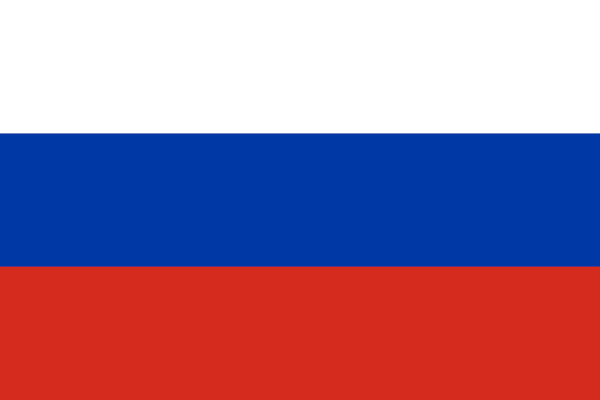Russians ‘InfoWarrior’ Hackers New Game Changer for the Geopolitical Agenda ?

The worse cyber attack of the year 2020 on SolarWinds which was allegedly carried out by Russian state-backed threat actors is signs of advancement in different ways as Moscow is seemingly improving its technical abilities that might pose a bigger threat of cyber espionage globally.
The attack has compromised many important departments of the U.S. government, big tech companies, hospitals, and universities, showing a big loop of online intrusion, which is illustrating how cyber espionage operations have become a left-hand job for Russian ‘infowarrior’. Should it make the West more concerned about the security of its government or should the whole world consider these attacks as a new normal?
Russia’s diplomatic relation with the West has always been bitter since the World Wars, and even today the situation continues to border on bitterness. Moscow sees the cyber attacks as a cheap and effective way to achieve and win its geopolitical aspirations, and therefore Russia is unlikely to take a step back from such tactics, whilst facing U.S. sanctions or countermeasures.
Bilyana Lilly, a researcher at think tank Rand Corp said, “Such operations are a relatively inexpensive and effective way to conduct geopolitics that is crucial for Russia, which is facing considerable economic and demographic challenges and whose economy is smaller than Italy’s.
Referencing from an article in a Russian military journal, “the complete destruction of the information infrastructures” of the U.S. or Russia could be carried out by just one battalion of 600 “info warriors” at a price tag of $100 million’’.
It’s been an ardent task for the West to vehemently retort to Moscow’s growing cyber abilities. Washington’s vengeance measures including sanctions, diplomatic expulsions, property seizures, and even big threats such as expulsion from the world-leading economic organizations appear to have little to no impact on its operations.
Pavel Sharikov, a senior fellow at the Russian Academy of Science’s Institute for U.S. and Canadian Studies said, “Russia doesn’t see sanctions as an instrument of pressure but as an instrument of punishment. The Russian government says, ‘Yes we understand that you don’t like what we are doing, but we don’t really care”.
Notably, US officials and tech companies have accused the Russian regime of cyber espionage attacks on multiple occasions, including attempts to intervene before the 2020 election. The WSJ discovered how Moscow’s cyber espionage and trolls have enlarged their 2016 toolbox with a new stratagem.
Inferring from a paper co-written by Rand’s Ms. Lilly, “in recent years, so-called information confrontation has become an established part of Russia’s military doctrine”. In 2019, Gen. Valery Gerasimov, Russia’s General Staff chief, said that in modern warfare, cyberspace “provides opportunities for remote, covert influence not only on critical information infrastructures but also on the population of the country, directly influencing national security.”
According to the authorities, Moscow is trying to advance its geopolitical agenda by using its cyberattack tactics; the initial target was ex-Soviet countries. It was in 2007 when Russia-backed hackers attacked Estonia which compromised websites government, bank credentials, and newspapers.
Following up, Ukraine and Georgia have also been attacked. In most cases, states’ media firms, and election infrastructures have been targeted. “Russian state-backed hackers set their sights on the West. In 2014, they penetrated the State Department’s unclassified email system and a White House computer server and stole President Barack Obama’s unclassified schedule, U.S. officials said.
According to the German authorities, in 2015, they got into the German parliament, in what experts described as the most significant hack in the country’s history’’.
Interestingly, that’s not all, Russia was accused of its interference in the French elections and the ‘Pyeongchang’ Winter Olympics and for the NotPetya malware attacks on the corporate webwork. And now, the Western administration is accusing Russia of cyber espionage attacks against the COVID-19 vaccine supply chain. Russia has denied its involvement.
If you like the site, please consider joining the telegram channel or supporting us on Patreon using the button below.


